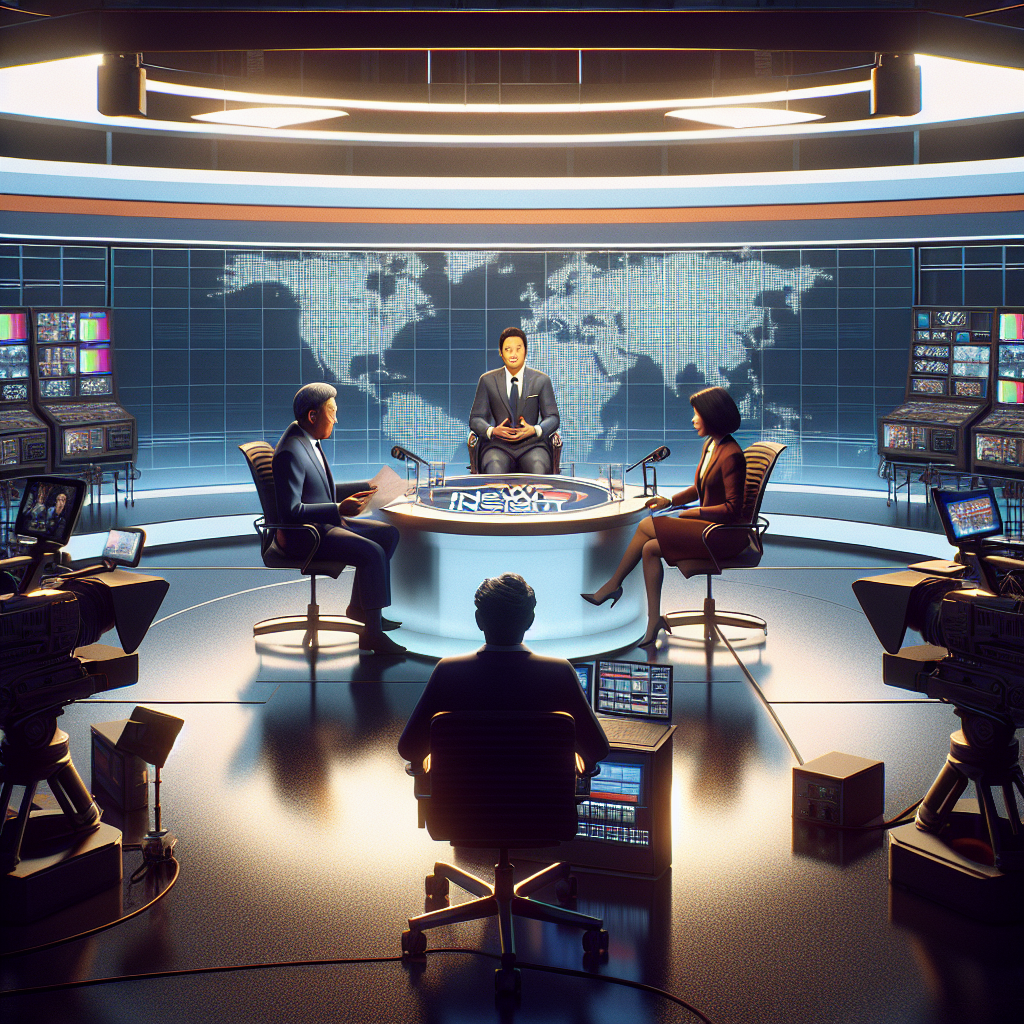Welcome to the “News Insight” on Wednesday, November 20th. In this episode, our guests include Ming Juzheng, honorary professor of the Department of Political Science at National Taiwan University, senior political and economic commentator Wu Jialong, and host Zhang Dongxu.
Today’s focus: The Chinese Communist Party (CCP) causing trouble before Trump takes office! Have they overplayed their hand and forced the international community to take sides with CCP? Has Xi Jinping’s misjudgment left the CCP in an awkward position? Will Trump really end the Russia-Ukraine war?
How will the CCP deal with the next four years under the Trump administration? Foreign media revealed that CCP officials are anxious as they cannot find potential contacts within the Trump government and are unclear about what Trump wants. The CCP leader seems to be making statements to Trump from a distance at the APEC summit, addressing US-China relations through a seven-point summary and four red lines. During the G20 summit, the CCP initiated eight actions, actively seeking alliances with countries like Japan, the UK, and Australia. However, on the next day, the CCP triggered strong international condemnation by using the National Security Law to heavily sentence the “47 people case” in Hong Kong. Are these ambiguous actions by the CCP effective?
Ukraine’s first use of US long-range missiles to attack Russian targets sparked threats of nuclear retaliation from Putin, with alleged support from the CCP. Can Trump put an end to the Russia-Ukraine war on his first day in office?
Xi Jinping, the CCP leader, attended the Asia-Pacific Economic Cooperation (APEC) summit in Peru, holding a bilateral meeting with US President Biden on the 16th, discussing US-China relations and emphasizing the CCP’s four red lines. Biden reiterated the US position, including on Taiwan, resulting in conflicting statements from both sides.
Some interpretations suggest that Xi Jinping’s comments at the meeting with Biden were intended for Trump. The CCP is reportedly most concerned about tariffs and is scrambling to establish connections within the Trump administration but facing challenges in doing so. They aim to decipher “what Trump wants.”
According to Wu Jialong, the CCP’s statements at the Biden-Xi meeting may have revealed some of their strategies to the incoming Trump administration. There is ambiguity whether CCP’s moves are strategic or speculative posturing. Additionally, CCP’s rare mention of Taiwan’s leader, Tsai Ing-wen, after the meeting with Biden, followed by media manipulation, illustrates a new dimension in informational warfare.
The G20 summit held in Brazil showcased China’s economic decline amidst civil discontent, yet the CCP pursued eight aggressive actions, such as increasing financing for the Belt and Road Initiative, granting tariff-free benefits to least developed countries, and advocating for a more authoritative multilateral trade system. In contrast, Biden’s announcement of a historic $4 billion aid to the world bank aims to support the most impoverished nations.
The CCP’s initiatives at the G20 summit this year seem to target the US and its allies in the tech and trade realms, potentially challenging projects like the India-Middle East-Europe Economic Corridor (IMEC) and enhancing their international influence at the expense of the US.
Facing the impending Trump administration, the CCP is actively engaging with Japan, the UK, Australia, and other countries, aiming to counter possible trade wars and weaken the US-led international alliances to enhance their economic and political leverage.
Professor Ming Juzheng was asked to analyze the potential impact of the CCP’s actions. He emphasized Xi Jinping’s four red lines in US-China relations, warning against challenges on Taiwan, democracy, human rights, and development rights.
Furthermore, the escalating conflict in the Russia-Ukraine war, with Ukraine’s use of US-provided missiles against Russian targets, has raised concerns about a potentially catastrophic escalation. Putin’s nuclear warning and the increasing involvement of other nuclear-armed states in the conflict pose a severe threat to regional stability.
In conclusion, Wu Jialong was asked about Trump’s desire to end the Russia-Ukraine war on his first day as president. The worsening situation, with the involvement of other major powers and potential nuclear threats, underscores the complexity and risks involved in resolving the conflict.
Join us on the clean world’s new platform and subscribe to the News Insight channel.
Subscribe to News Insight, like, subscribe, share:
YouTube: [link]
Clean World Subscription Channel: [link]
Twitter ➡ [link]
Facebook ➡ [link]

